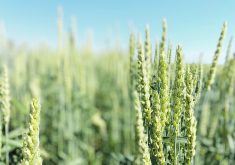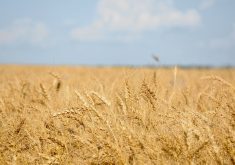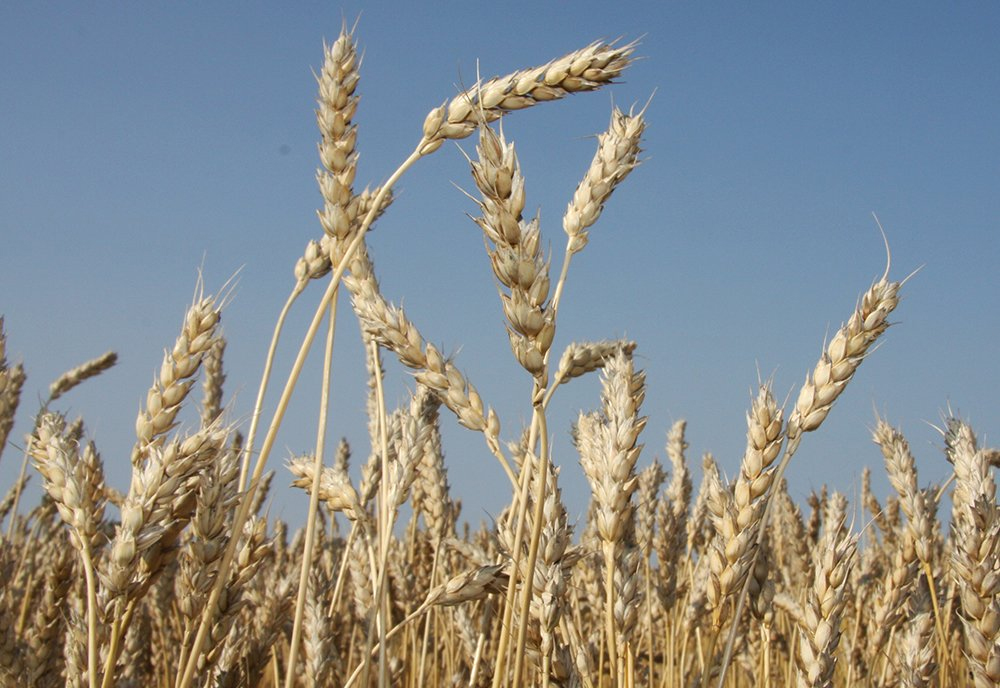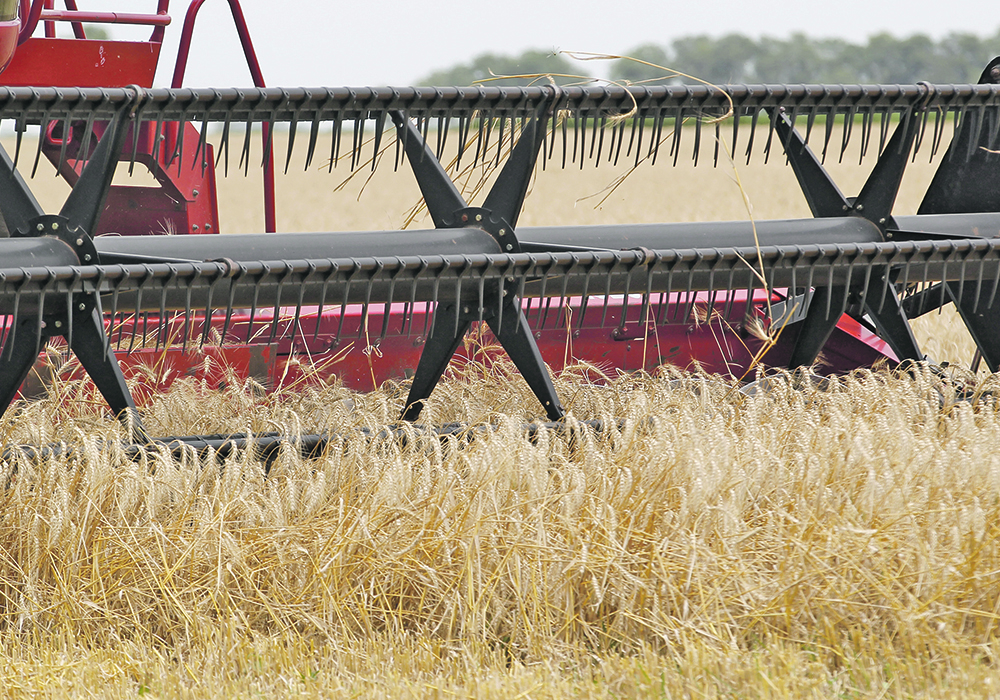SAO PAULO, Brazil (Reuters) — Brazilian biosecurity agency CTNbio has approved cultivation of a drought-resistant genetically modified wheat in the country, according to a decision published on its website, making Brazil the second country after Argentina to grant such a permission in the world.
The approval request was made by Tropical Melhoramento e Genetica, a partner in Brazil of Argentina’s Bioceres, which developed the GM wheat.
In a statement, Bioceres confirmed Brazil has concluded the safety evaluation of its HB4 wheat, providing full approval for commercialization and cultivation for it in the country.
Read Also
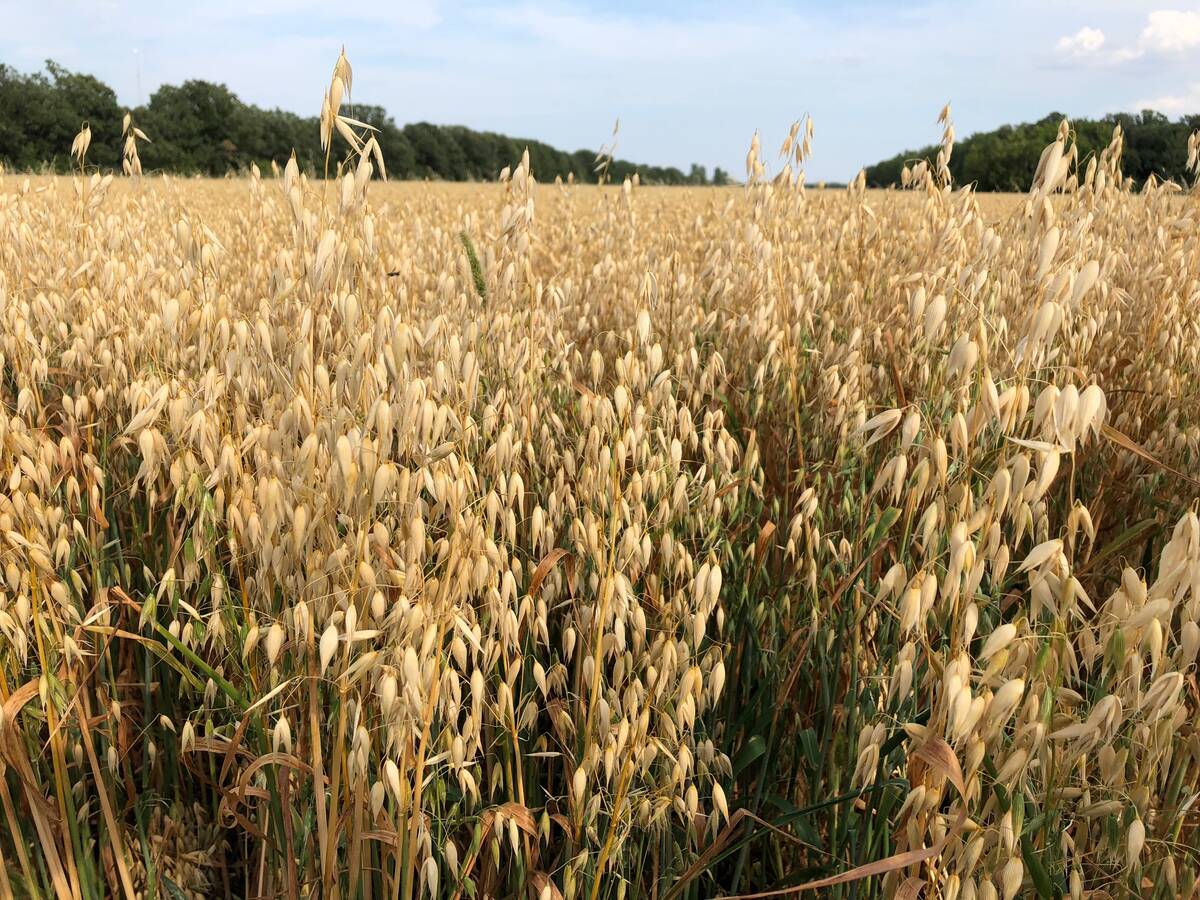
Controversy fails to prevent PGR use in oats
Some Manitoba oat growers are still using chlormequat chloride — the active ingredient in Manipulator —and sometimes to measurable success.
In an earnings call, Bioceres said that under severe drought conditions, the company’s HB4 GM wheat “showed higher yields than conventional varieties across all environments, with an average 43 percent yield improvement in targeted environments.”
In November 2021, Brazil became the first country in the world to allow imports of flour made with genetically modified wheat.
That decision spurred a global discussion about GM wheat, as prices rose and concerns grew that more severe weather could threaten food security.
GM soybeans and corn have long been accepted on global markets, but are primarily fed to livestock rather than humans.




